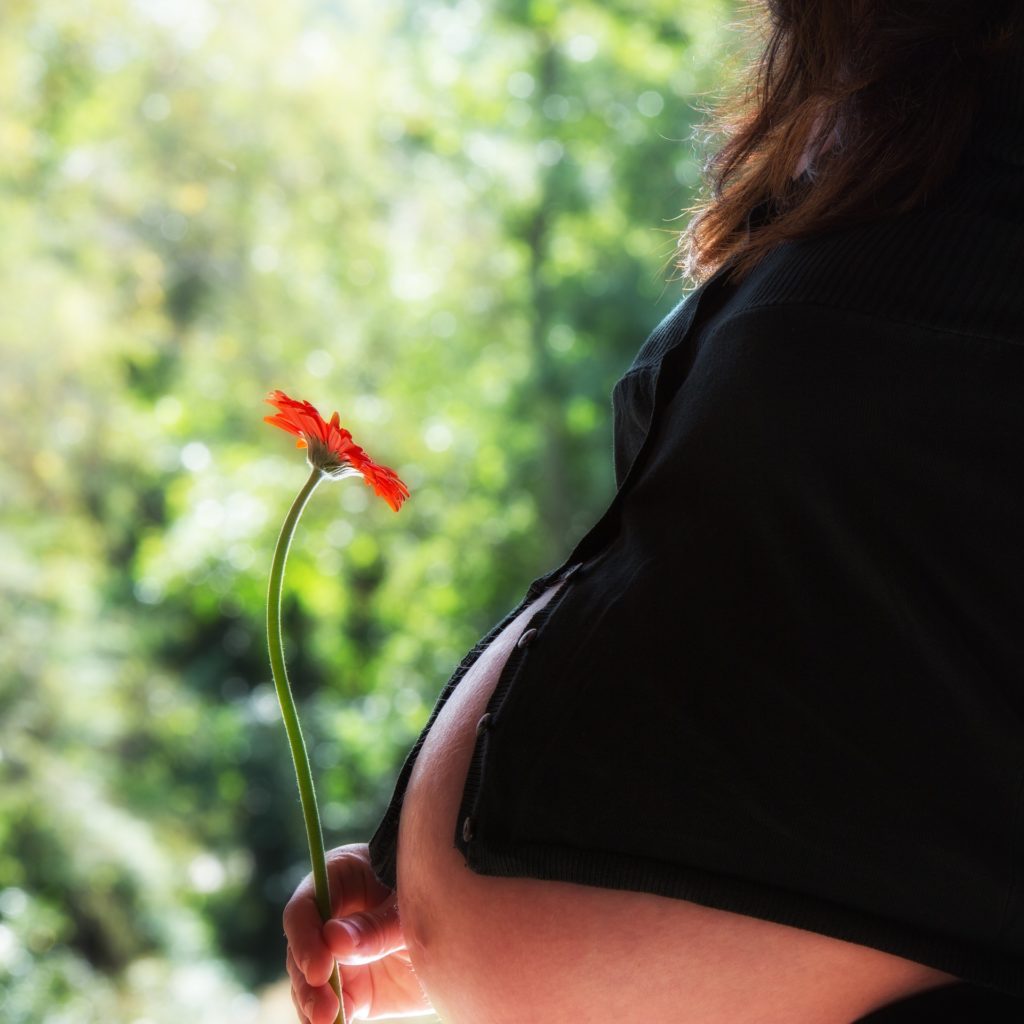
Cannabis use is becoming more socially acceptable and prevalent as legislation and accessibility increase. In 2019, it was found that 188 million people worldwide, and 55 million in America, use marijuana [1]. Not only that, the COVID-19 pandemic has increased these numbers further, with retail sales in March 2020 going up 159% in California, 100% in Washington state, and 46% in Colorado [1]. Aside from any discussion of whether or not marijuana use is appropriate or dangerous, one thing is for certain – it is not safe to use during pregnancy. With the increase in accessibility and use, many medical professionals are concerned that people are not well-informed enough to know this and not use cannabis during pregnancy.
Marijuana Use During Pregnancy
While some of you may read this article and believe this information is obvious, others may not be aware of the risks involved in continuing cannabis use during pregnancy.
In fact, cannabis is the “number 1 dependent substance used in pregnancy, with up to half of users continuing their use while pregnant [2].” As a result, 34% of pregnancies are impacted by marijuana use [2].
Researchers believe that people may view the use of marijuana differently than other drugs during pregnancy, “likely due to its perceived safety in pregnancy, the recent legalization trend, and its appeal in potentially providing relief for common pregnancy ailments such as nausea [2].”
Even so, it must be considered that marijuana is still a drug whose active ingredient crosses the placenta; therefore, undoubtedly impacting body chemistry and pregnancy [2].
Consequences of Cannabis Use During Pregnancy
 As mentioned above, many perceive cannabis as a natural substance and, therefore, view it differently than other drugs and do not think of it as harmful to pregnancy.
As mentioned above, many perceive cannabis as a natural substance and, therefore, view it differently than other drugs and do not think of it as harmful to pregnancy.
Unfortunately, this is not true. The reality of the matter is that using cannabis while pregnant has dire consequences to the fetus. Cannabis exposure significantly alters the physiology and transport methods of the placenta [2].
In fact, “short-term exposure to CBD can enhance the permeability of the placental barrier to pharmacologic agents and recreational substances, thus potentially increasing fetal exposure to other agents [2].”
It has also been associated with “diminished blood flow supplying the placenta [2].” Studies have found that cannabis exposure in pregnant rats and humans results in structural brain changes [2].
Cannabis use during pregnancy is also significantly associated with experiencing a miscarriage or stillbirth [2]. More specifically, the chances of marijuana-only users experiencing a miscarriage or stillbirth were 12 times greater when compared to non-users [2].
The precise mechanism behind this is unclear; however, it is theorized that THC inhibits normal placental growth and development [2]. Research has also found that those using cannabis during pregnancy are more likely to experience preterm labor and birth [2].
The damage is not limited to the womb, as children whose mothers used cannabis during pregnancy “display altered responses to visual stimuli, increased trembling, and a high-pitched cry, which could indicate problems with neurological development [2].”
These children are also “more likely to show gaps in problem-solving skills and memory, have increased depressive and anxiety symptoms, and decreased ability to remain attentive [2].” These research findings have been confirmed in numerous studies, making them consistent, likely, and significant.
If you use cannabis during your pregnancy, your child will, undoubtedly, experience the consequences. Should you find it difficult to cease cannabis use during your pregnancy, do not hesitate to reach out for support.
Resources:
[1] Unknown (2019). Marijuana addiction: rates and usage statistics. National Center for Drug Abuse Statistics, retrieved from https://drugabusestatistics.org/marijuana-addiction/.
[2] Thompson, R., DeJong, K., Lo, J. (2019). Marijuana use in pregnancy: a review. Obstetric Gynecological Survey, 74:7.
About the Author:
 Margot Rittenhouse, MS, PLPC, NCC is a therapist who is passionate about providing mental health support to all in need and has worked with clients with substance abuse issues, eating disorders, domestic violence victims, and offenders, and severely mentally ill youth.
Margot Rittenhouse, MS, PLPC, NCC is a therapist who is passionate about providing mental health support to all in need and has worked with clients with substance abuse issues, eating disorders, domestic violence victims, and offenders, and severely mentally ill youth.
As a freelance writer for Eating Disorder Hope and Addiction Hope and a mentor with MentorConnect, Margot is a passionate eating disorder advocate, committed to de-stigmatizing these illnesses while showing support for those struggling through mentoring, writing, and volunteering. Margot has a Master’s of Science in Clinical Mental Health Counseling from Johns Hopkins University.
As a freelance writer for Eating Disorder and Addiction Hope and a mentor with MentorConnect, Margot is a passionate eating disorder advocate, committed to de-stigmatizing these illnesses while showing support for those struggling through mentoring, writing, and volunteering. Margot has a Master’s of Science in Clinical Mental Health Counseling from Johns Hopkins University.
The opinions and views of our guest contributors are shared to provide a broad perspective of addictions. These are not necessarily the views of Addiction Hope, but an effort to offer a discussion of various issues by different concerned individuals.
We at Addiction Hope understand that addictions result from multiple physical, emotional, environmental, and genetic factors. If you or a loved one are suffering from an addiction, please know that there is hope for you, and seek immediate professional help.
Published on October 22, 2020
Reviewed & Approved by Jacquelyn Ekern, MS, LPC on October 22, 2020
Published on AddictionHope.com
